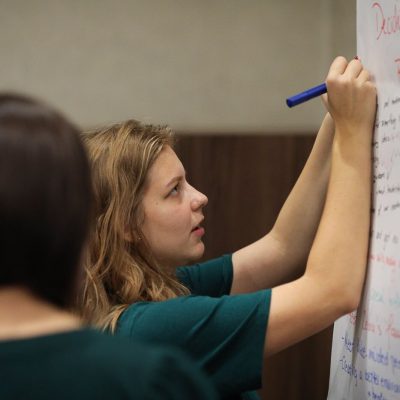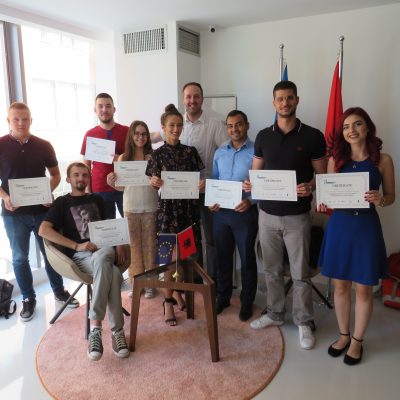
The European convention on cyberspace crime recognizes 4 basic criminal offenses, including those related to content that includes child pornography, i.e., possession, distribution, transmission, storage, or making such materials available. With the development of the technological world, the number of users of various social networks in cyberspace is growing, with children and young people belonging to the most vulnerable group of users.
Today, the Internet is open to countless opportunities for abuse, pedophilia, and begging of children and minors through various techniques of manipulation, blackmail, and the like, mainly for the purpose of making a profit or meeting one’s own needs.
Therefore, it is necessary to teach children, minors, parents, social workers, people working with children, educators, and others how to protect children when using the Internet and how to recognize whether children and young people are exposed to inappropriate content on the Internet (i.e., how to react, what to do in these cases, etc.).
Project Activities
The project initially included the organization of half-day educational workshops/trainings in Sarajevo, Tuzla, Zenica, and Mostar in the period of September, October, and November 2020, but were transferred on-line due to the pandemic restrictions. The four workshops were led by 2 experienced, certified media literacy trainers and will include lectures and practical exercises on aspects of media and information literacy, with emphasis and education on the dangers of cyberspace. Read more below.
The focus of the workshops/lectures is to develop media and information literacy skills with the aim of educating children about their rights to protection from abuse, pedophilia, or online begging.
Program Objectives
- Increasing the capacity of parents, guardians, educators, social workers, and others to gain the ability to assess the types of information available to their children or the children they work with through the media and social networks.
- Increasing knowledge and skills about media literacy in general, with particular emphasis on the right to protect children from abuse, pedophilia, or online begging.
- Providing additional education with the potential to link knowledge with practice.






